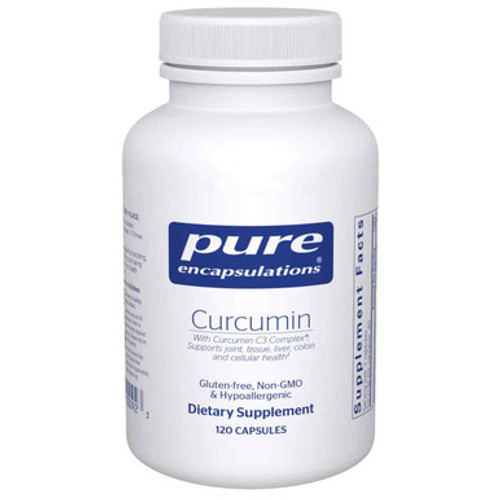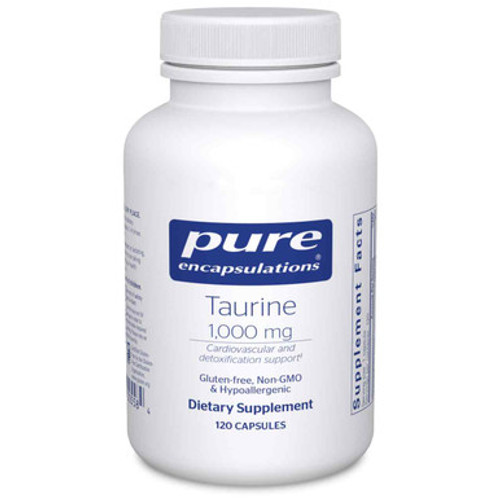L-Theanine 120c by Pure Encapsulations
L-Theanine 120c by Pure Encapsulations is a mood-supporting supplement mostly designed for moderating the effects of caffeine on your body and alleviating drowsiness.* It is a fully vegan product, made with high-quality L-Theanin—a substance naturally occurring in, for instance, green tea.*
Who Should Consider L-Theanine 120c?
You may take L-Theanine 120c if you:
- often feel drowsy when relaxing*
- experience premenstrual mood swings*
L-Theanine 120c by Pure Encapsulations—Effects
L-Theanine 120c may support:
- relaxation without drowsiness*
- healthy cellular function*
- moderating caffeine’s impact on the nervous system*
Supplements support your health but do not replace a balanced diet. Always check with your healthcare practitioner if you have doubts about a new supplement. Book a FREE product consultation to learn more about L-Theanine by Pure Encapsulations.
Recommendation:
Pure Encapsulations suggests taking 2 capsules, 1-3 times daily, between meals, or as directed by a healthcare professional.
Serving Size: 1 capsule / 2 capsules
Servings Per Container: 120 / 60
Amount Per Serving:
L-Theanine 200mg / 400mg
Other Ingredients: vegetarian capsule (cellulose,water), hypoallergenic plant fiber (cellulose)
Caution: If you are pregnant or lactating, have any health condition or are taking any medication, consult your health professional before use.
Storage: Store in a cool, dry place.
*These statements have not been evaluated by the FDA. This product is not intended to diagnose, treat, cure, or prevent any disease.
Trademarks: Suntheanine® is a registered trademark of Taiyo International, Inc.
Pure Encapsulations’ logo, text, graphics, and photo images are the property of Société des Produits Nestlé S.A. and are used with permission. Copyright © 2021.
Click here to view Product Info Sheet
References:
- Juneja, L. R., Tanaka, H., Hotta, H., & Yamane, T. (1999). Recent trends in chemical composition and biofunctionality of green tea. Trends in Food Science & Technology, 10, 199-204.
- Song, C. H., Choi, J. I., Jung, M. E., & Lee, S. J. (2003). Effects of caffeine on energy metabolism and fat oxidation during exercise. Korean Journal of Nutrition, 36(9), 918-923.
- Kobayashi, K., Watanabe, T., & Shimada, H. (1998). Characteristics and antioxidant activity of flavonoids in tea extracts. Nippon Nögei Kagakukaighi, 72(2), 153-157.
- Kim, T. I., Lee, I. S., Lee, K. W., Kim, H. W., Kang, N. J., & Surh, Y. J. (2009). Modulation of autophagy by dietary phytochemicals in cancer prevention. Free Radical Biology and Medicine, 47(11), 1601-1610.
- Timmcke, J. Q., Mastro, A. M., & Petersen, D. R. (2008). Antioxidant protection in athletes undergoing high-intensity training. FASEB Journal, 22, 760.
- Giles, G. E., Mahoney, C. R., Brunye, T. T., & Taylor, H. A. (2017). Effects of caffeine on performance and mood: Role of caffeine dose. Canadian Journal of Physiology and Pharmacology, 95(1), 93-100.
- Lyon, M. R., Prasad, A. S., & Mock, D. M. (2011). The therapeutic potential of natural treatments for mood disorders. Alternative Medicine Review, 16(4), 348-354.







